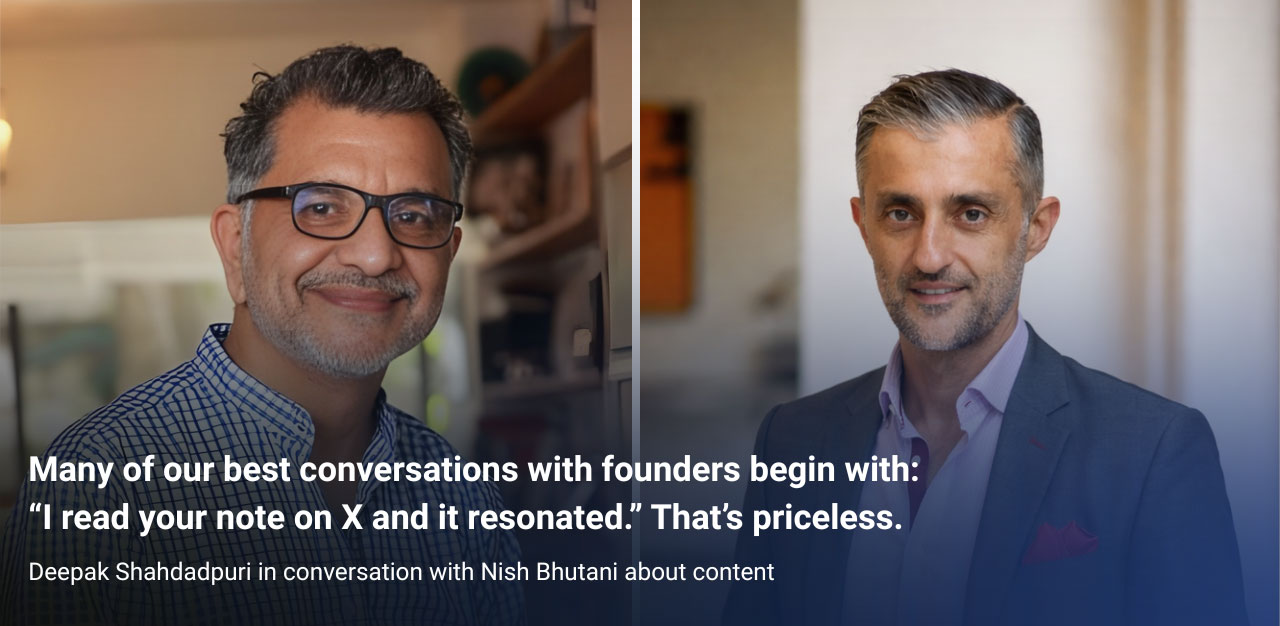If your ERP or CRM systems are software, so is your customer-facing website, right? Wrong. Think of it more like a retail store or service centre. These physical locations craft their experience around customer needs and draw upon varied skills to do so. So must your website to win at this digital age.
It is common to see the same company pair impeccable physical spaces with clunky online ones. Creating offline and online experiences require the coordination of diverse skill sets, but the coordination of digital skills – ranging from technology to data to design – requires talent that is harder to find. This is a byproduct of the relative newness of the digital medium, but also of educational systems that don’t emphasise interdisciplinary thinking.
The answer lies in focusing on recruiting and developing talent that is motivated by customer success and is comfortable with a range of left and right brain skills. Businesses are still working this out. The ones who get it right have a big leg up when it comes to digital.
Digital Innovation
How do companies today think about the digital medium, and the skills needed to succeed in it? ‘Digital’ means different things to different people. The parable of the blind men and the elephant comes to mind. Depending on the part of the beast one touches, and one’s preconceived notions, a different answer emerges. Some think of digital as a source of leads and assign it to the marketing team. Many regard it as software and put the CTO in charge. Others might think of it primarily as a communication medium, and bury it under PR.
A more holistic approach is to think of digital from the customer’s point of view. The customer sees the totality of their digital experience, without heed to the component parts of software, content, design, etc. Let’s take the analogy of a physical retail store. Creating a thriving store requires the coordinated work of a range of people – architects, civil engineers, building contractors, internal designers, lighting and display experts, merchandisers, marketers, IT personnel, sales analysts and salespeople. A retailing expert leads and coordinates the activities of this diverse team.
Similarly, successful digital experiences draw upon a diverse set of skills, including customer understanding, content, tech software and services, user interface design and data analytics. In addition, and perhaps most crucially, someone needs to orchestrate the work of these diverse individuals to create an integrated experience that resonates with customers. That ‘digital orchestrator’ is usually referred to as a product manager or head of product. In smaller organisations, the head of digital or chief digital officer may also play this role.
The three key skills required of a ‘digital orchestrator’ or product leader are:
- Deep empathy with the customer and his or her needs. This person must be the internal advocate who always fights for the customer’s interests;
- A sound understanding of the business, so that customer-focus translates into business success;
- The ability to coordinate or ‘orchestrate’ the functioning of multiple skills, and align them in service of customers and the business.
Focus on business growth
In working with companies, we often see that digital experiences – whether for customer acquisition, engagement, up-selling or advocacy – are approached from the narrow perspective of each internal function, rather than the wider lens of customer success. The result is poorly crafted and disjointed experiences that lead to customer confusion and disengagement.
While digital teams usually comprise a range of left and right brain skills, their orchestration into a seamless experience for the customer falls woefully short. Tasks and projects such as campaign and website launches represent the finish line for teams, rather than the starting point for further improvement. Digital teams consider their work complete when it meets the approval of bosses, rather than when it satisfies customers.
Why is this the case? There are many reasons. In pre-internet days, customer communication was limited to brochures, advertisements, and press releases. Communication volumes were comparatively low, publishing platforms were established and well understood, and feedback in the form of data was limited. Many functions were outsourced easily.
Today with digital, companies have the opportunity to publish every second, and they haven’t yet understood the new rules of the medium – including two-way communication, interactivity and real-time data. Further, with an increase in choices on the internet, customers have far less patience for the clunky and inefficient.
Other reasons include an emphasis on hard skills in hiring, an order-taking culture that values pleasing the boss over pleasing the customer, and the backdrop of school and university educational systems that focus on answering the question posed, rather than thinking about what the right question is.
It is not easy to find left-and-right-brain people, who are equally comfortable with customer insights, marketing communications, customer experience design, technology and data analytics. These are the people that forward-looking companies must seek, however, if they are to fulfill their ambitions for growth via digital. The alternative to finding that elusive orchestrator is cacophony for your customer.
Looking for business growth via digital?
We did it for Healthspring, and we can do it for you
Do you run an ambitious business looking to grow via digital? We can orchestrate that growth. That’s exactly what we did for Healthspring. Businesses satisfied with the status-quo need not apply.
Healthspring runs a network of 25 primary care clinics in 3 cities. Besides crafting a digital growth strategy for Healthspring, Indiginus optimised their online acquisition channel through a mix of customer understanding, campaign optimisation, experience design, content creation, technology tools and data analytics.
Our efforts led to an increase in the percentage of website visitors converting to Healthspring clinic inquiries by a massive 7x.
If business growth interests you, write to us at info@indiginus.us.




